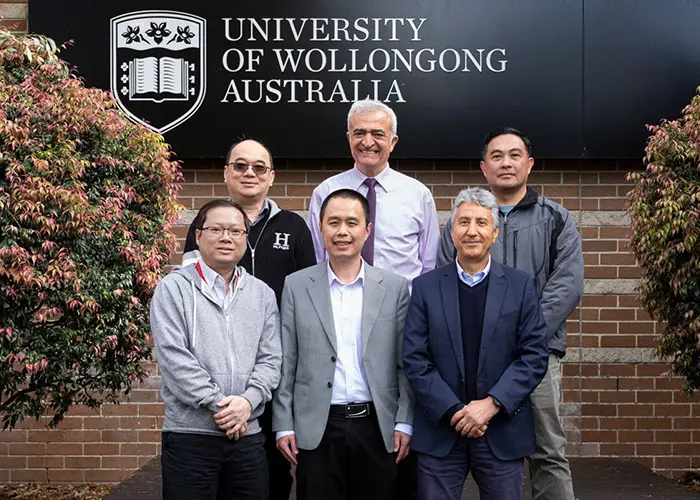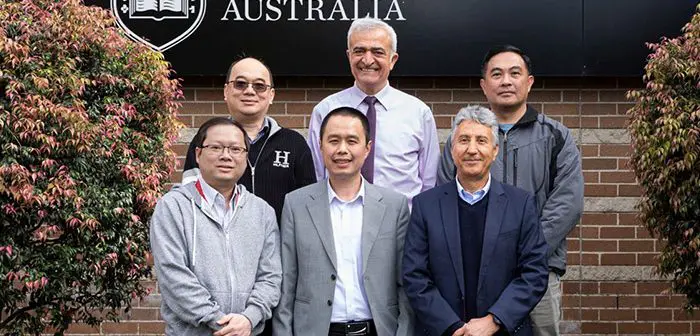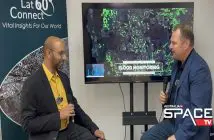
Researchers from the University of Wollongong’s (UOW) Faculty of Engineering and Information Sciences have received a grant to develop artificial intelligence tools for monitoring oceanic internal waves using satellite imagery.
“This project aims to develop and evaluate advanced AI algorithms for locating and recognising oceanic internal waves from high-resolution satellite imagery,” said Professor Son Lam Phung. “The proposed technology leverages the latest advances in image processing and deep learning to precisely locate groups of internal waves and automatically recognise their characteristics such as wave directions and intensities.
“The outcomes of this project include AI tools that can be deployed by the AGO for automated satellite image analysis and oceanographic monitoring,” he said. “These tools are expected to revolutionise the way internal waves are detected, providing faster and more accurate data for end-users.”
The project is funded by the Australian Geospatial-Intelligence Organisation (AGO), Department of Defence, and is administered by the AGO Analytics Labs Program of FrontierSI, a prominent organisation in positioning, spatial infrastructure and spatial analytics.
It will leverage the expertise of UOW researchers, including Professor Phung, Dr Hoang Thanh Le, Senior Professor Gursel Alici, Distinguished Professor Willy Susilo, Senior Professor Abdesselam Bouzerdoum and Dr Fok Tivive.
Internal waves are primarily caused by the interaction of water layers with different densities. They propagate within the ocean rather than on its surface. Timely identification and mapping of internal waves are crucial for safeguarding underwater operations, offshore structures, and marine environments.
In addition to its technological innovations, the project will offer support and training for several PhD candidates at the UOW. This will help to cultivate the next generation of experts in AI and satellite image processing, furthering Australia’s capabilities in these critical areas.
“Our team is excited to contribute to this project, which highlights the University’s commitment to high-impact research,” added Phung.
UOW is committed to addressing the United Nations Sustainable Development Goals, which provide a shared blueprint to achieve a better and more sustainable future for everyone. The AGO project addresses Sustainable Development Goal 9: Industry, Innovation and Infrastructure, which focuses on sustainable industrialisation, innovation, and resilient infrastructure.





